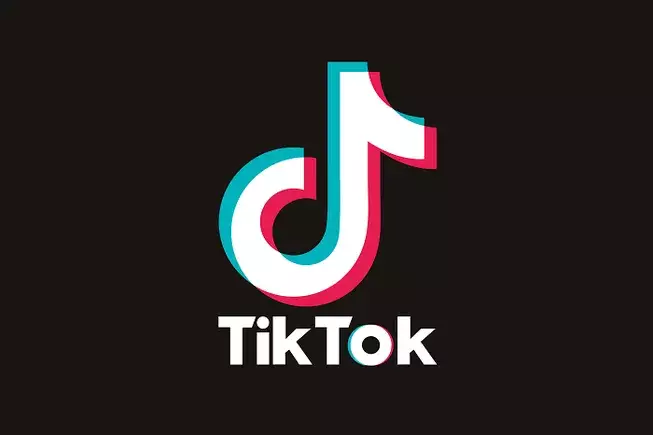The ongoing saga surrounding TikTok’s future in the United States highlights the delicate dance between national security, technological advancement, and the economic implications of global corporate dynamics. As U.S. Vice President J.D. Vance steps into the spotlight, he has a monumental task ahead—facilitating a deal that could determine TikTok’s viability in a market it has captured with remarkable speed and vigor. The current tension stems from the “Protecting Americans from Foreign Adversary Controlled Applications Act,” which mandates that TikTok, owned by the Chinese company ByteDance, must be sold to a U.S. entity to mitigate security threats perceived by lawmakers.
The crux of the situation revolves around the pivotal deadline of April 4th. Originally implemented to safeguard American users from potential data vulnerabilities, this legislation could force TikTok out of the U.S. market if a satisfactory agreement isn’t reached. However, there are glimmers of hope amidst this uncertainty. Vice President Vance’s optimism suggests more than just wishful thinking; it indicates a strategic maneuvering aimed at establishing an American-owned TikTok, a proposition that could satisfy both national security fears and the demands of the app’s loyal user base.
The Dynamics of Negotiation and Potential Partnerships
As discussions intensify, the landscape reveals multiple stakeholders with vested interests. President Trump claims there are four promising offers in line to take control of TikTok’s U.S. operations, with Oracle emerging as the frontrunner. The ties between Trump and Oracle’s CEO, Larry Ellison, underscore the entwined nature of politics and technology in this scenario. The partnership gains further complexity through Oracle’s prior collaboration with ByteDance on the Project Texas initiative, which aims to segregate U.S. user data from Chinese control—a significant step that underscores Oracle’s potential as a trusted intermediary.
However, the proposed joint venture raises questions about efficacy and oversight. How will operational integrity be maintained in this dual framework? The inherent challenge lies in balancing corporate interests with governmental mandates, especially considering that collaboration with ByteDance will require negotiation assurances from the Chinese government—a tricky and often unpredictable partner on the geopolitical stage.
A National Conversation on Technology and Trust
The debate surrounding TikTok transcends its mere existence as a social media platform; it represents a broader dialogue about technology’s role in modern society. Advocates for the app emphasize its cultural impact and its ability to empower minor creators, influencers, and businesses alike. The app has transformed how Americans consume content, often driving trends that resonate on an international scale. Given its influence, the stakes are high—not only for the brand but also for the creative entrepreneurs who have leveraged the platform into viable careers.
Conversely, proponents of stringent oversight argue that, given its origins, TikTok embodies risks that could undermine U.S. cybersecurity. The concern is valid; data privacy remains a paramount issue as individuals become increasingly entwined with digital platforms. Herein lies the essential dilemma: how to foster innovation and creativity in the digital space while simultaneously ensuring that protections safeguard American users from foreign surveillance?
What Lies Ahead for TikTok in the American Landscape?
As the April 4 deadline looms, the operational landscape of TikTok in America remains a labyrinth of potential outcomes. Should a deal materialize, it could pave the way for other foreign tech companies facing comparable challenges. The pressure to comply with U.S. regulations while maintaining an interconnected global economy has never been more palpable.
Ultimately, the fate of TikTok serves as a litmus test for the future of international business relations, setting precedents that will shape how companies navigate national boundaries moving forward. As the negotiations evolve, all eyes will be on Vice President Vance, Big Tech, and the government’s ability to strike a balance—a balance that could either propel the digital ecosystem into a new era or lead to a fracturing of trust between global partners. The world is waiting with bated breath, and with each passing day, the importance of transparency and cooperation in technology becomes even more relevant.

